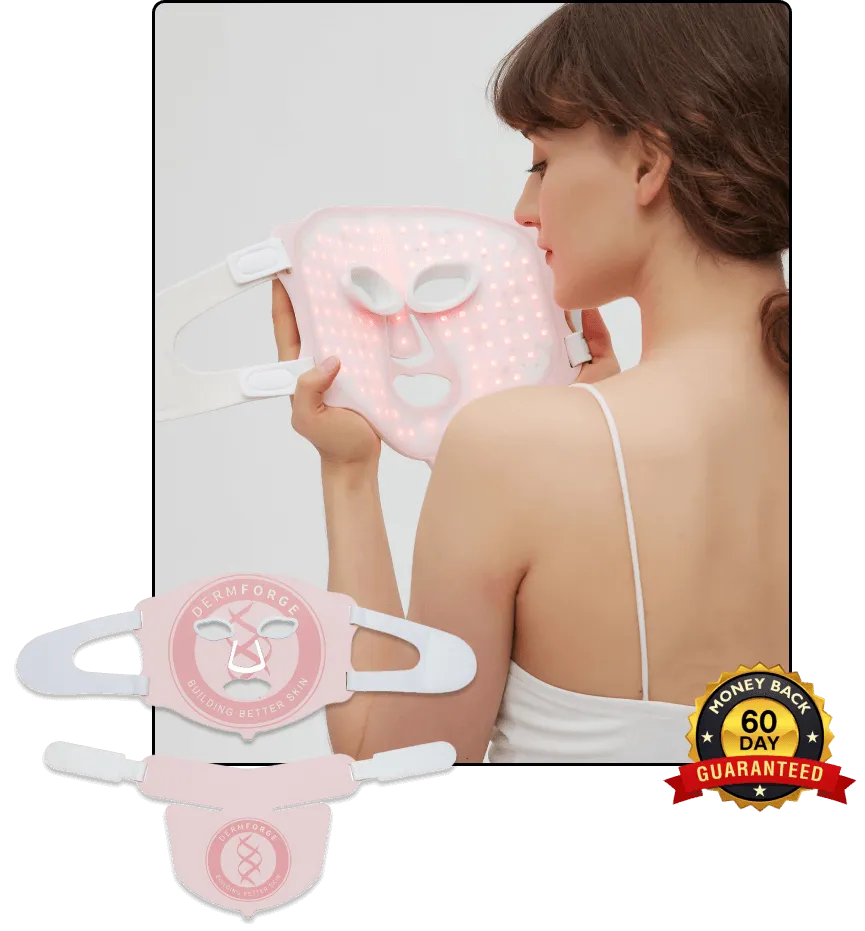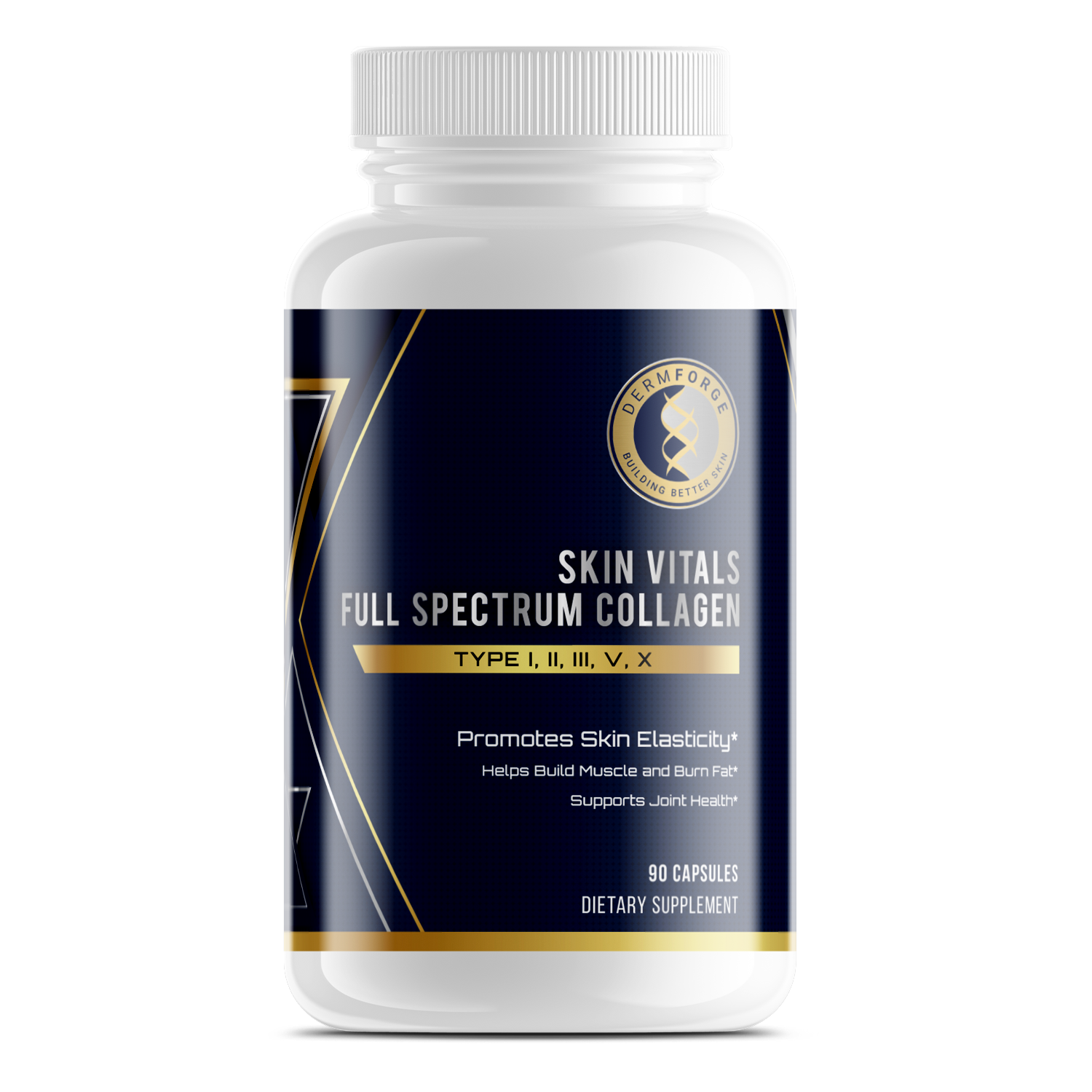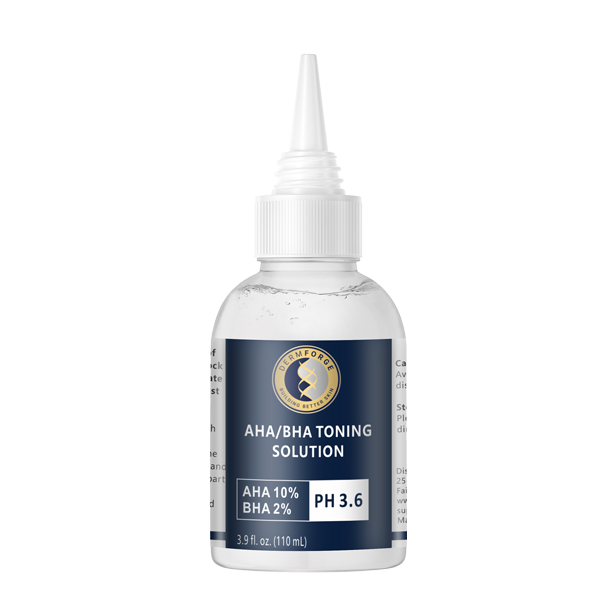Knowing how to choose the right sunscreen is essential for protecting your skin from harmful UV rays. With so many options available, finding the best sunscreen for your skin type and lifestyle can feel overwhelming. Understanding key factors like SPF, broad-spectrum protection, and ingredient compatibility makes the process easier.
Sunscreen is a vital step in preventing sunburn, premature aging, and long-term damage. Selecting the right formulation for your skin type ensures effective protection and comfort. From sensitive to acne-prone skin, there is a product designed to meet your specific needs.
Incorporating sunscreen into your daily routine is simple and helps maintain healthy, radiant skin. By learning how to choose the right sunscreen, you can enjoy confidence in your sun protection strategy. This guide provides practical advice to help you make informed choices and build an effective skincare routine.
Understanding SPF and Its Role in Sun Protection
Understanding SPF is essential when learning how to choose the right sunscreen for your skin type and lifestyle. SPF, or Sun Protection Factor, measures how well a sunscreen protects against UVB rays, which cause sunburn. Higher SPF numbers provide greater protection, but no sunscreen can block 100% of UVB rays.
SPF numbers indicate how long your skin can be exposed to the sun before burning compared to unprotected skin. For example, SPF 30 allows you to stay protected 30 times longer than without sunscreen. Your choice should depend on your skin’s sensitivity and the time you spend outdoors.
For daily use, SPF 30 is often sufficient, but if you’re active outdoors, you may need SPF 50 or higher. Fair skin types or those prone to burning should opt for higher SPF. Choosing the right SPF ensures you get the protection you need while avoiding unnecessary sun damage. Pairing your sunscreen with consistent application helps you maximize its effectiveness.
The Importance of Broad-Spectrum Protection
Broad-spectrum protection is essential when deciding how to choose the right sunscreen for your skin. It shields against both UVA and UVB rays, which cause different types of damage. UVB rays are responsible for sunburn and can increase the risk of skin cancer. UVA rays penetrate deeper into your skin and contribute to premature aging and wrinkles.
Protecting your skin from both types of rays ensures comprehensive sun protection. Broad-spectrum sunscreens are designed to prevent short-term and long-term damage by blocking both UVA and UVB rays. Without this dual protection, you might unknowingly expose your skin to harmful effects even if you avoid sunburn.
When choosing a sunscreen, look for the term "broad-spectrum" on the label. This ensures the product meets the standards for protecting against both kinds of UV radiation. Adding a broad-spectrum sunscreen to your routine keeps your skin healthier and helps prevent issues like discoloration, aging, and skin cancer. Knowing the importance of broad-spectrum protection is key to selecting the best sunscreen for your needs.
Choosing Sunscreen Formulations for Different Skin Types
When deciding how to choose the right sunscreen, understanding formulations can help match your skin type to the best option. Cream sunscreens work well for normal to dry skin, offering rich hydration while providing protection. Their thicker consistency is also ideal for areas like the face or body that need extra coverage.
Gels and sprays are lightweight and absorb quickly, making them suitable for oily or acne-prone skin. They feel less greasy and are easier to apply in hot or humid climates. Sprays, however, require careful application to ensure even coverage. Gels often leave a matte finish, making them comfortable for those with shine concerns.
Mineral sunscreens, containing zinc oxide or titanium dioxide, are gentle on sensitive skin and provide instant broad-spectrum protection. These physical blockers reflect UV rays without irritating the skin. Chemical sunscreens, on the other hand, absorb UV rays and are often lightweight, which is great for everyday use. However, they may not suit highly sensitive skin types.
Choosing a formulation that fits your skin type and lifestyle ensures better protection and comfort. Exploring these options helps you understand how to choose the right sunscreen tailored to your needs. Making the right choice keeps your skin healthy and protected year-round.
Key Ingredients to Look for in Sunscreen
Understanding key ingredients is essential when learning how to choose the right sunscreen for your skin. Ingredients like zinc oxide and titanium dioxide are popular in mineral sunscreens. These physical blockers work by reflecting UV rays off your skin, offering broad-spectrum protection. They are gentle on sensitive skin and start working immediately after application.
Avobenzone is a common ingredient in chemical sunscreens, known for its ability to absorb UVA rays effectively. It pairs well with other active ingredients to provide comprehensive protection. Chemical sunscreens are lightweight and spread easily, making them ideal for daily use or layering under makeup.
When choosing a sunscreen, look for additional skin-friendly ingredients like antioxidants or moisturizers. These can enhance the protective benefits and improve your skin’s overall health. By focusing on effective ingredients, you can make an informed decision about how to choose the right sunscreen. Selecting products with safe and proven actives ensures your skin stays protected and cared for in every situation.
Sunscreen Tips for Sensitive and Acne-Prone Skin
When deciding how to choose the right sunscreen for sensitive or acne-prone skin, lightweight, non-comedogenic options are essential. These sunscreens are designed to provide protection without clogging pores or causing breakouts. Formulas labeled “non-comedogenic” or “oil-free” are ideal for maintaining clear and healthy skin.
For sensitive skin, mineral sunscreens containing zinc oxide or titanium dioxide are gentle and less likely to cause irritation. These physical blockers create a barrier on your skin without absorbing into it, reducing the risk of allergic reactions. Look for fragrance-free formulas to avoid potential triggers that can lead to redness or discomfort.
Applying sunscreen correctly is also important to avoid irritation. Use a small amount to start, and layer it evenly over clean, dry skin. Reapply every two hours when outdoors but choose a formula that feels comfortable for frequent use. Understanding your skin’s needs helps you learn how to choose the right sunscreen, ensuring long-lasting protection without compromising comfort or clarity.
How to Incorporate Sunscreen into Your Daily Routine
Incorporating sunscreen into your daily routine is key to protecting your skin. Start by applying it every morning after your moisturizer. A broad-spectrum sunscreen with SPF 30 or higher works well for most skin types. If you’re layering it with other products, allow each layer to absorb fully before applying the next.
When learning how to choose the right sunscreen, consider your skincare and makeup routine. Lightweight, non-greasy formulas pair well with makeup and prevent pilling. Tinted sunscreens are an option if you prefer minimal makeup while still achieving sun protection. Sunscreen sprays can also make reapplication over makeup easier throughout the day.
Reapplying sunscreen is essential for lasting protection, especially if you’re outdoors or active. Aim to reapply every two hours or after sweating or swimming. Carrying a travel-sized sunscreen in your bag makes this step more convenient. Adding sunscreen to your daily routine ensures your skin stays protected and helps prevent long-term damage. With consistency, you can enjoy healthy, glowing skin while minimizing sun exposure risks.
Conclusion
Learning how to choose the right sunscreen is an essential part of protecting your skin and maintaining its health. By understanding SPF, broad-spectrum protection, and formulations, you can select a product that meets your needs. Incorporating sunscreen into your daily routine is simple with the right strategies.
Regular application and reapplication are key to ensuring consistent sun protection. Pairing sunscreen with other skincare and makeup products keeps your routine effective and convenient. Whether you have sensitive, acne-prone, or normal skin, finding a sunscreen that suits your lifestyle makes it easier to stay protected.
Making sunscreen a daily habit helps prevent premature aging, sunburn, and long-term damage. With the right product and consistent use, you can enjoy healthy, radiant skin for years to come. Knowing how to choose the right sunscreen empowers you to make the best decisions for your skincare routine.





